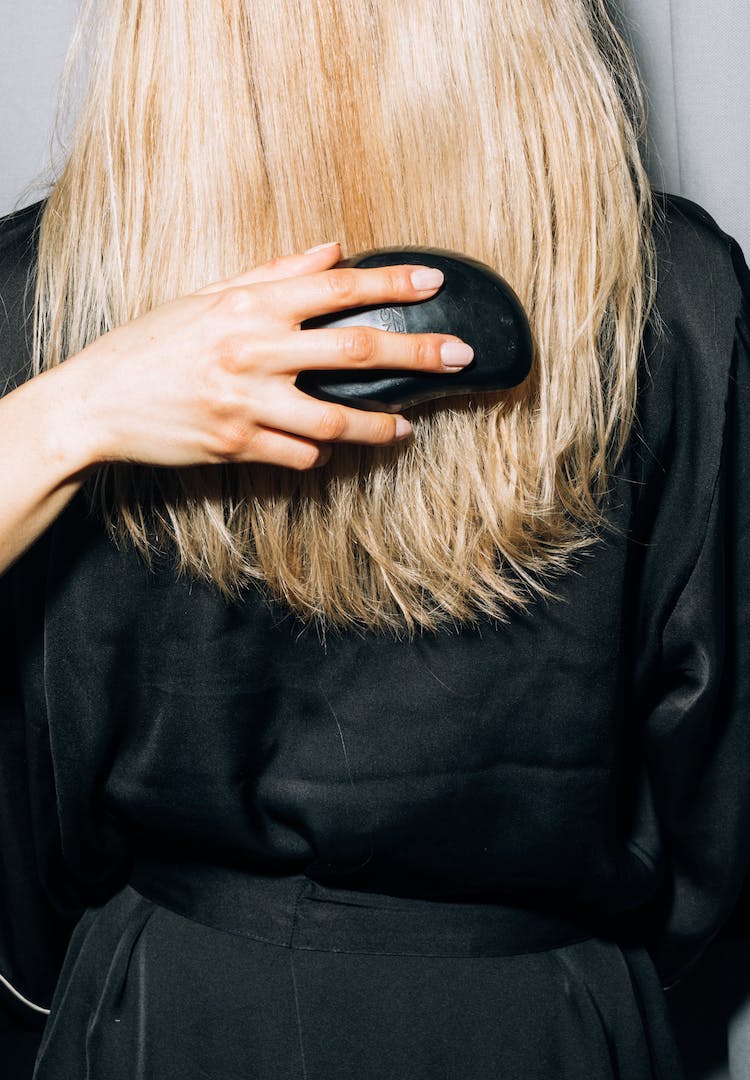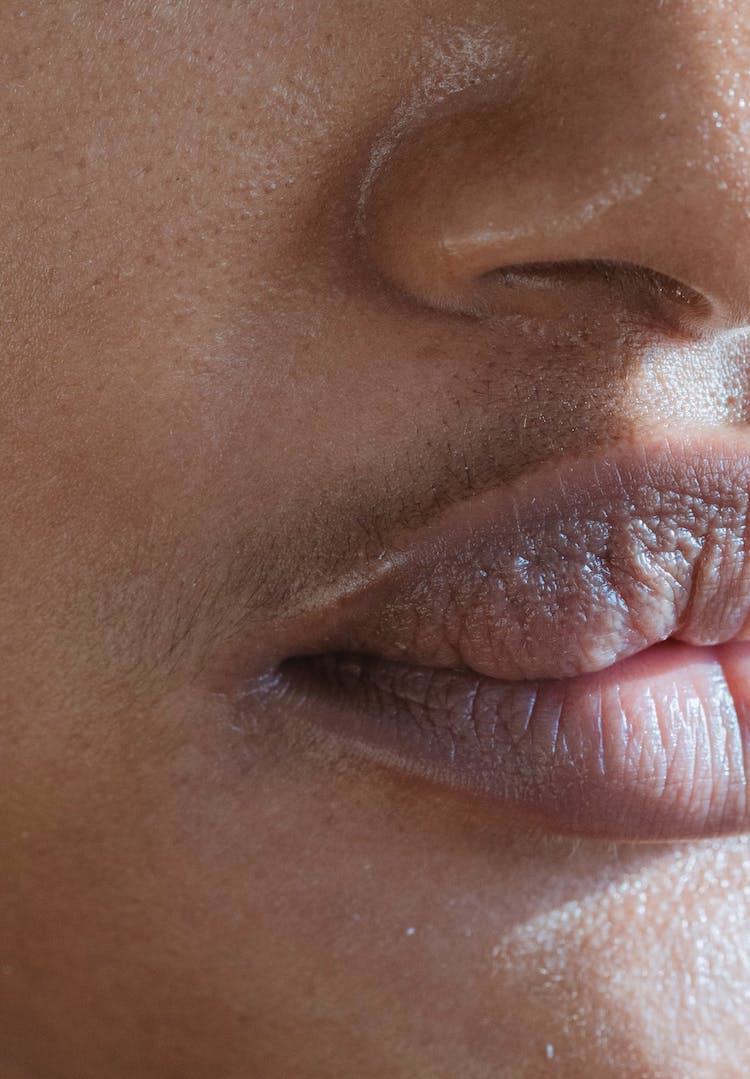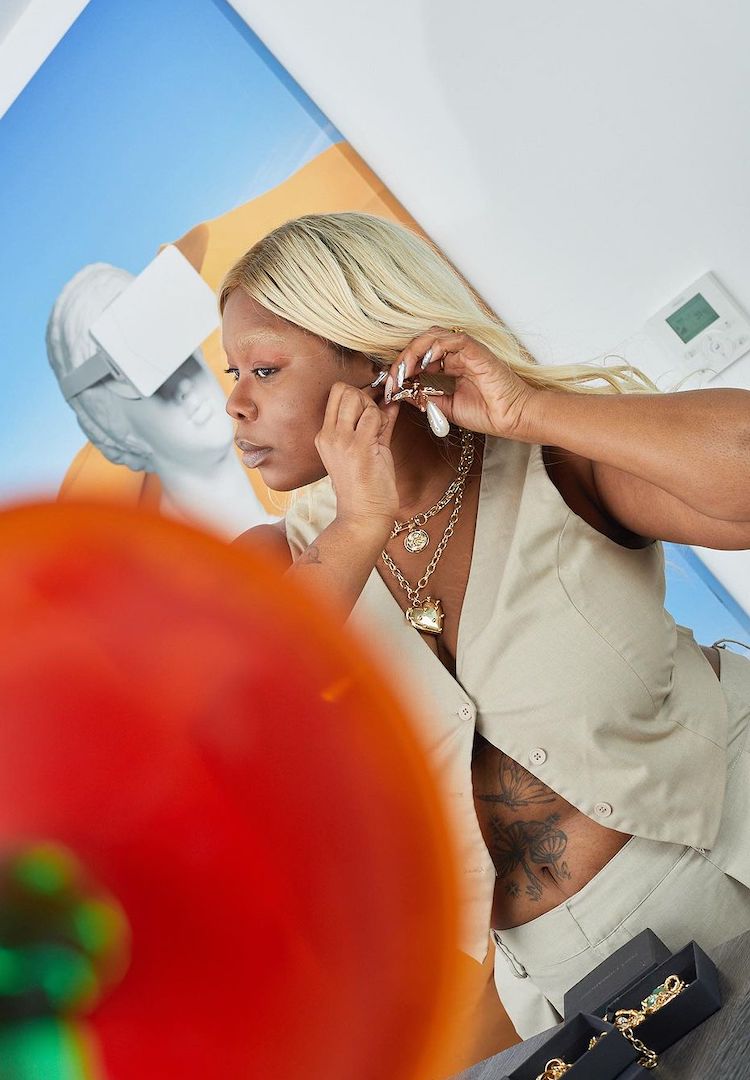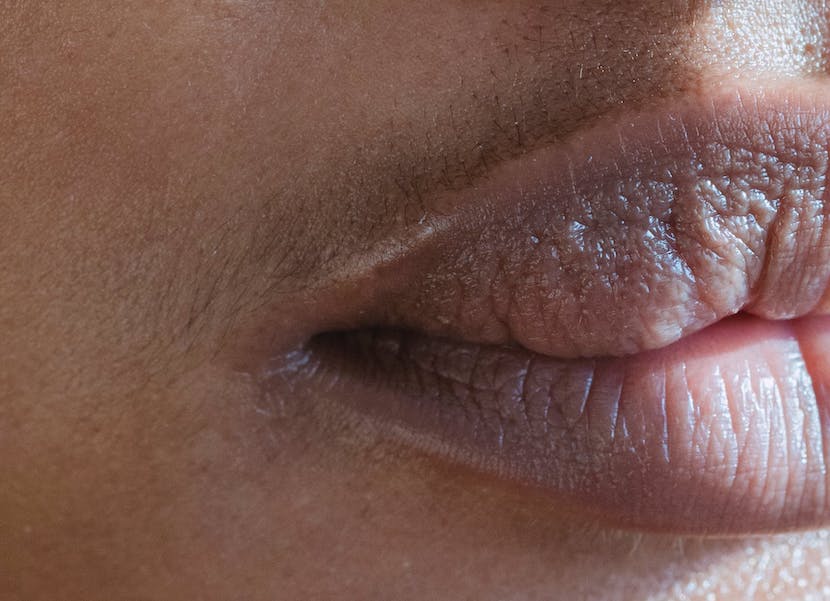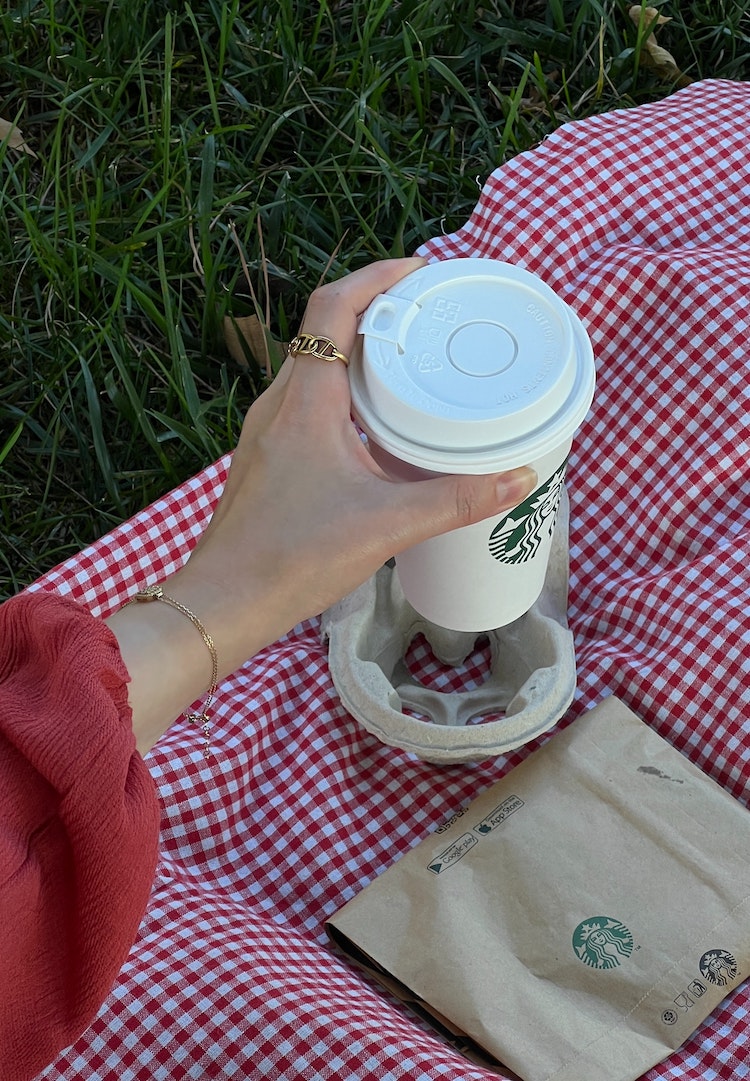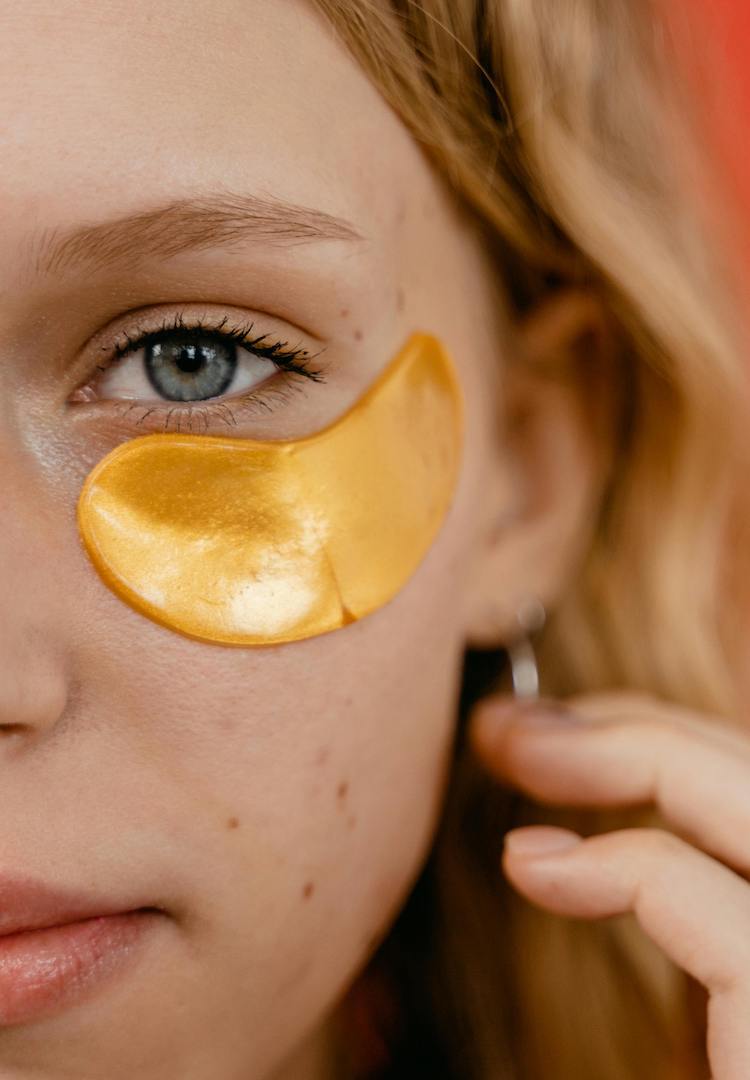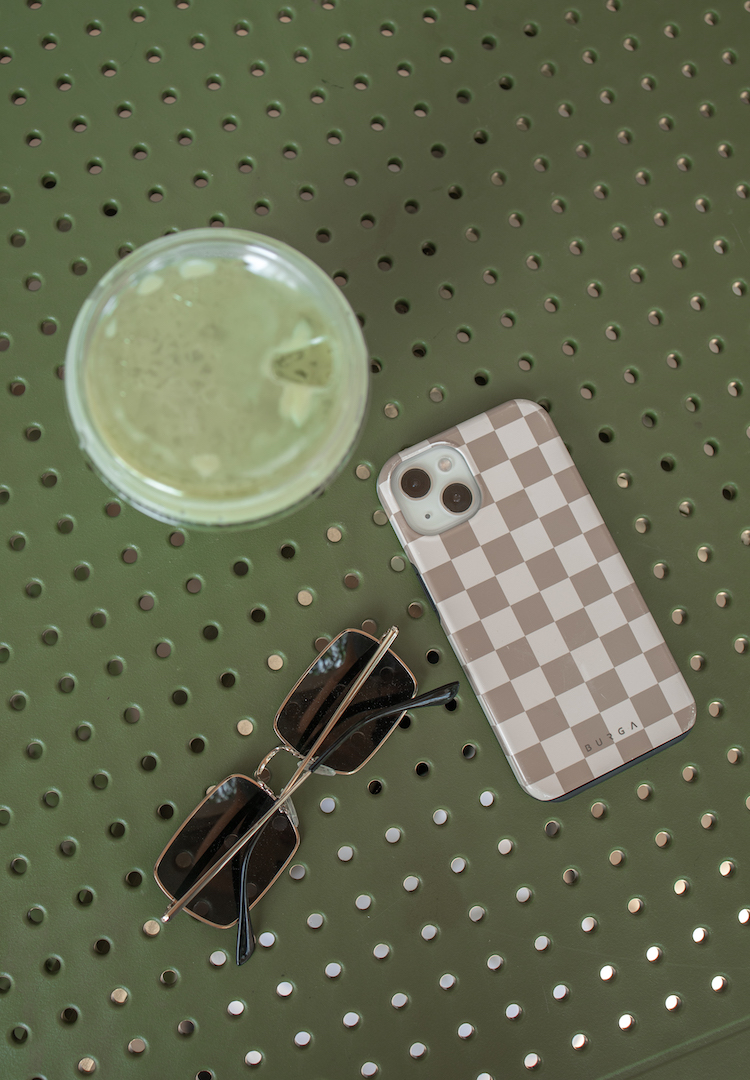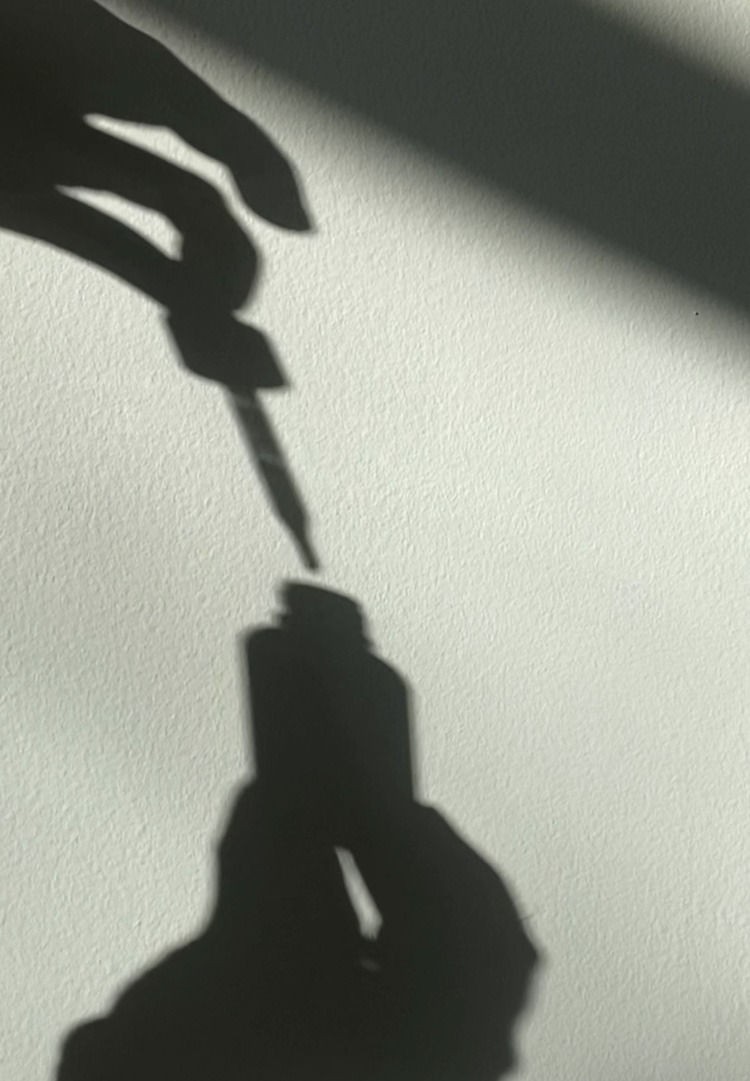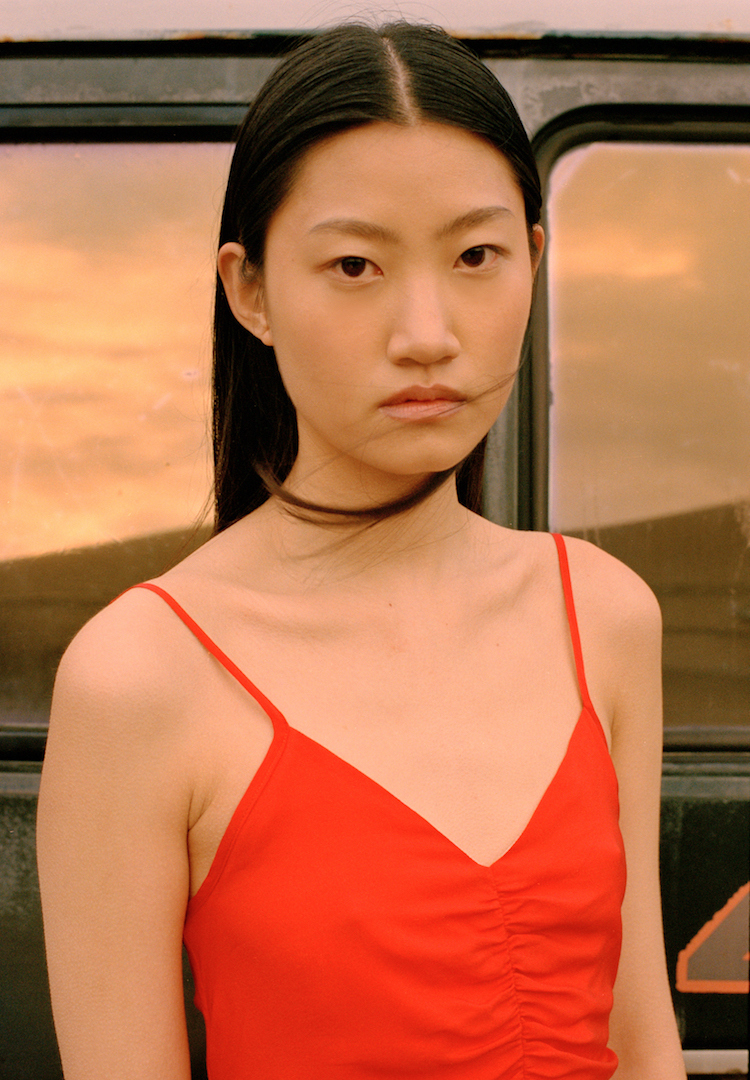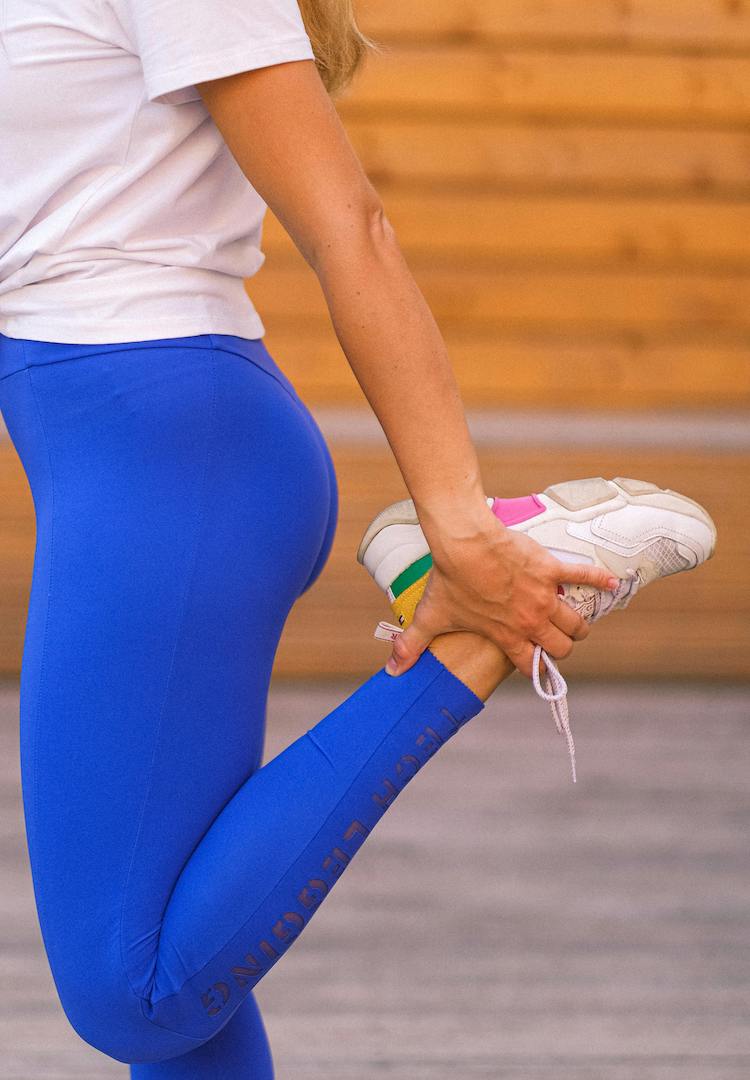I tried slugging for a week to see if it would change my skin
WORDS BY AUDREY DENIER
Putting it to the test.
Since surging in popularity during lockdown, TikTok has provided us with a plethora of iconic hacks, recipes and trends. Think heatless curls, gua sha exercises for chiselled cheekbones, and unearthing a treasure trove of powerful skincare brands like Paula’s Choice and The Ordinary.
But as of late, the only beauty content gracing my For You Page (FYP) is slugging. I was both relieved and intrigued to discover that slugging doesn’t actually involve slimy pests trailing viscous goo across your face. Slugging’s origins go way back, having been in the K-beauty world and Black women’s skincare routines for generations.
For more skincare talk, head to our Beauty section.
So no, the creators you see on your For You Page did not invent slugging. It’s important to recognise that it’s a practice that’s been around in non-Western cultures for a long time. And while the repackaging of other cultures’ beauty techniques and practices as a new ‘trend’ is problematic, the skincare technique is inching its way to mainstream popularity in the Western world.
Like anything, it’s important to educate yourself about a practice’s origins before adopting it into your routine, something you can do here. If you’re still curious and are wondering if slugging is for you, here’s all you need to know, according to the experts.
What is slugging?
Simply put, slugging is the process of applying a pea-sized amount of petroleum-based product, like Vaseline, Aquaphor, or CeraVe, to the face after completing your regular nighttime routine. It seals moisture into the skin and lets your products do their work, so you wake up glowy and refreshed. The term slugging refers to your skin’s dewy and slimy appearance.
“Think of the skin like bricks and mortar. The mortar has been lost in dry skin, meaning that moisture in the dermis can find its way up through the skin and evaporate. That’s why we use moisturisers or ointments because the moisture plumps up the skin and allows products to leak between all those cell walls and really hydrate the skin,” explains Dr Belinda Welsh, a Melbourne-based dermatologist.
The TikTok girlies might have assisted in this technique’s rise to fame, but slugging has a rich and extensive cultural history. The term was originally coined on a Reddit forum titled Skincare Addiction, and has ties to South Korean beauty. But writer and columnist Jameelah Nasheed says that ‘greasing up’ (now known as slugging) and petroleum jelly are a staple in Black households for a lot more than just skincare.
What are the pros and cons?
According to Dr Belinda, whether or not slugging will work for you really depends on your skin type. “I think it’s got merit for some, but I wouldn’t be prescribing it for everybody across the board. Some people’s skin will tolerate it because they’re on the dry side [like those with eczema or rosacea], and they’ll be okay.
“But for anyone with an oily skin type, who is a bit prone to breakouts, it will just block up all your pores and cause acne cosmetica unless you’re using it in winter when you feel a bit dryer. Then, I think in that situation, no problem.
“Does it help make your actives more active? It depends on your skin. Some actives are a bit irritating. For example, if you use a retinoid, it will cause a little bit of dryness and scaling. So putting a moisturiser over the top helps dilute it a little and helps with the drying, irritating side effects. So yes, I always recommend that people put moisturiser over the top of their retinoids,” she tells me.
But slugging calls for something heavier than a reguar moisturiser. I ask Dr Belinda whether she thinks it’s necessary to put an occlusive product like Vaseline on. “No, not really. I think that a nice rich moisturiser would be just as good, and there’s plenty of those out there, and they don’t have to be expensive. You want a good one, like La Roche-Posay, Cetaphil [or] QV.”
What I learnt
As somebody who suffers from rosacea, my skin is pretty unpredictable. I experience flare-ups at random (anxiety, the heat or what I’ve eaten that day), and I could really benefit from some skin ‘calming’. I’ve also got a bunch of acne scars from my hormonal teenage years.
I’m located in Los Angeles and am currently experiencing an arid winter, which, luckily for me, is the perfect slugging climate. Ready for a week of dedicated skincare, I trotted down to my local CVS and bought a 240mL tub of Bag Balm (was this presumptuous?). The product has a thick consistency and feels a tad suffocating on the skin.
After completing my bedtime routine, I scooped up a pea-sized amount of jelly with my fingers and smoothed it across my face. I didn’t want to encourage any extra oil buildup, so I focused on targeting my dry areas: my eyelids, the corners of my nose and my lips. I felt and looked like a slug.
For the purpose of this article, I slugged every night before bed for a week. The results weren’t life-changing or noticeably visible, but I could feel the difference; I felt hydrated instead of my usual puffy and tight ‘morning skin’. In saying this, I did procure a couple of pimples on my T-zone, so I would avoid slathering anything on areas that experience high oil production.
Should you try slugging?
Dr Belinda believes it’s not for everyone. “It’s so challenging because your skin is accessible; that makes it ripe pickings for these fads to pop up. It’s also really hard to get in to see a dermatologist, so it’s difficult to get that advice easily. The key is you’ve got to go to professional sources of information. There are some excellent resources out there like the National Rosacea Society or All About Acne.
“Everyone wants glowy, lovely skin. But I think more often than not, we end up in a bit of a mess from trying too hard to get it. There’s this concept of purging, and ‘it’s gotta get worse before it gets better’.
If you’re getting an early indication that it’s not working for you, don’t persist with it. I would say have your own very careful filter and don’t believe everything you see. Try a few things because certain fads might work for some people!” But that doesn’t mean people who can’t slug should miss out on that infamous glow. I asked Dr Belinda about her favourite products for lacklustre skin.
“I like vitamin B3 for reducing inflammation, helping barrier function, helping pigment and protecting the skin from the effects of the sun. If you want something that will give you glow and plumpness, AH hyaluronic acid serums can achieve that. It gives you that dewy feeling, and there’s a few of those on the market.” Parting wisdom? Try it! If it works, it works. If it doesn’t, there’s always another TikTok trend to get behind.
For more advice on slugging, head here.

